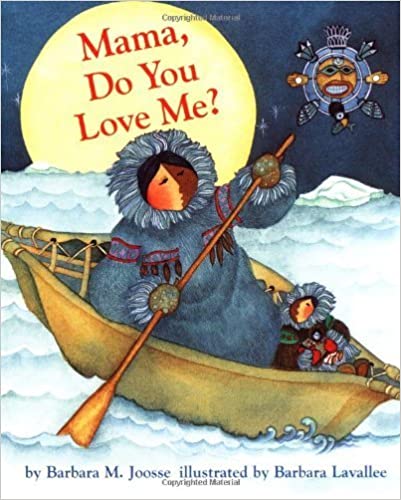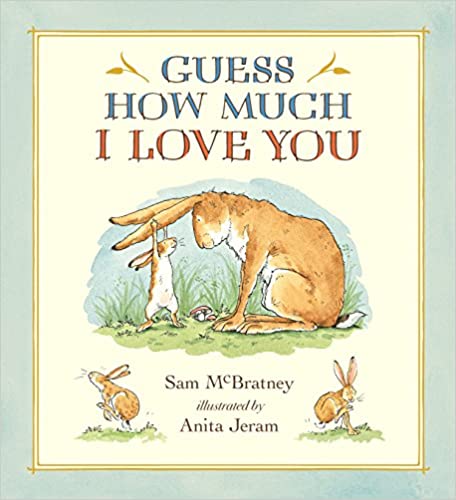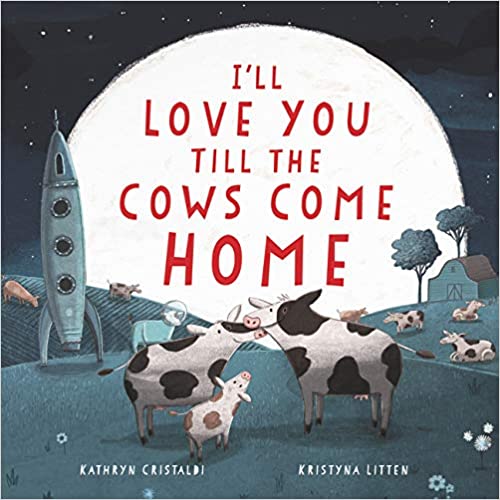“Mommy, Are You Sad?”
“Does this make you happy?”
When Connor was 3.5 years old, he went through a phase where he would ask if I was happy, mad, sad, and if I still loved him. We would be playing blocks and he would knock my tower down. “Mommy, are you sad! It’s ok, I’ll fix it!” He would be singing in the car and stop to pause, “Mommy, does my singing make you happy?” When I would be writing my grocery list, concentrating on what we need for the week, he would become curious, “Mom, why aren’t you smiling? Are you sad?”
Have you ever felt in limbo with this? You might feel like you want your child to see you express a range of emotions, and see how their actions can affect others, AND also worry that your child’s behavior is too attached to how YOU feel? Have you ever felt like your child makes choices to please you?
It’s this gray area that many of us experience. So how do we support our child?
Put yourself in your child’s shoes and imagine being a child, who is still working on regulating emotions and impulses. Imagine being a child who is learning social rules, perspective taking, and empathy. Imagine being so young, and having the ability to control your leaders emotions. That sense of control can be scary for children. Worrying about their leaders is a stressor for children. That is why they need an unwavering leader, who is consistently there for them, especially at their worst.
So do we hold in our feelings and put on a pretend face for our children? That isn’t healthy or helpful for our children, either. Just as children can hear you opening a bag of chocolate from a mile away, they can also read our emotions and body language from a mile away. If we are constantly “hiding” or “faking” our frustrations or sadness, our children will feel insecure in how they read others cues and think, “Mom is saying she’s fine, but her eyebrows are furrowed and her shoulders are tense…this must mean that I don’t know what ‘fine’ looks like, I was wrong.”
Expressing our big emotions will happen sometimes. We might yell, throw our hands up in the air in frustration. That’s ok. We tune into ourselves, and figure out ways to release our big emotions through exercise, mantras, talking to a partner, etc. Yelling, or lashing out at our children is the perfect opportunity to practice repair.
Pretend you are collaborating with a boss about a part of your job that you are struggling with. You wouldn’t arrive to your bosses office screaming, blaming or shaming. You would be level headed, professional, politely assertive, and phrase things differently with your boss, than if you were talking to your partner or best friend. Think of that when you speak to your child.
EXAMPLES & SCRIPTS:
Let’s give some examples on how we can be emotionally strong leaders. These examples SHOW our children that they are not in charge of our emotions. These examples show our children that we don’t take their behavior personally (which is so challenging when our child is misbehaving).
- Child is drawing, looks up at you and asks, “Mom, are you happy?”
“Hmmm, I’m thinking about the dentist appointment I have coming up, I was deep in thought. Yes, I’m happy.”
- Child spills juice, and you let out a big sigh. “Mom, are you mad?”
“When spills happen, my mind acts quickly and looks for a towel to clean it up. Can you get the wipes, and I’ll grab the towel?”
- Child knocks down your tower you were building with them, and asks, “Are you mad now?”
“I’m thinking we can either build it again, or I might go read a book over here.”
- You are having a tough moment, and your child asks, “Mom are you happy?”
“Thanks for asking. I was feeling a little out of sorts, so I’m going to make some tea.”
- Child hits, and asks, “Mom, are you mad at me?”
“I love you and I can’t let you hit. Hitting hurts. I’m sorry I wasn’t there to stop you. You are a good kid, having a tough time.”
Try this:
For a few days, try and be intentional about focusing on the efforts of your child instead of how it makes you feel. We think we are doing great when we say things like, “You picked up your toys! That makes me feel so happy!” This response takes away the intrinsic motivation for your child to WANT to clean their toys, and puts your happiness on what they do, not who they are.
Try, “You worked really hard to put every toy away. Look at all this space you have to build now.”
We are in this messy journey of raising the next generation together. Thank you for showing up for yourself, your child, and our future!
Here are some books that I recommend with this blog post:








